Trump-Era Aid Cuts Linked to Halting of Food Rations for One Million Refugees in Uganda
UN World Food Programme calls for urgent $50m as fears grow over possible forced returns of refugees amid deepening crisis.
Food aid for a million refugees in Uganda was halted this week due to a severe funding shortfall at the United Nations World Food Programme (WFP), triggering fears of forced repatriations and escalating humanitarian risks.
The WFP has warned that $50 million is urgently needed to support refugees and asylum seekers fleeing violence in the Democratic Republic of the Congo, South Sudan, and Sudan. Uganda, which hosts Africa’s largest refugee population—currently at 1.8 million, with 60,000 new arrivals in the past three months—is grappling with rising malnutrition and strained resources.
"Due to severe funding shortages, @WFP_Uganda has cut 1 million refugees entirely off from food assistance," the agency announced on social media. Malnutrition has soared to crisis levels, surpassing 15% in refugee reception centres, and food rations have been reduced by as much as 80% in recent months.
In March, food distributions were further slashed, with new arrivals receiving limited aid. Ugandan officials have attributed the crisis in part to major international funding cuts, including those initiated under former U.S. President Donald Trump and later reductions by the UK government.
"The problem is beyond our control," said Hillary Onek, Uganda’s Minister for Relief, Disaster Preparedness and Refugees. "Global support has dwindled. Trump’s drastic cuts and other countries’ failure to meet their pledges have crippled WFP’s ability to provide for refugees."
Just 46% of the $858 million needed for Uganda’s 2024 Refugee Response Plan has been funded. The UNHCR has also appealed for $44 million to respond to the influx of over 80,000 refugees from the Democratic Republic of the Congo expected this year.
Basic services like education, healthcare, sanitation, and shelter are buckling under the pressure, with the surge in arrivals overwhelming the limited infrastructure.
Simon Okello, a South Sudanese refugee living in Bidi Bidi—one of the world’s largest refugee camps—described the situation as dire. “We are totally messed up. This has complicated our lives. Without food, we might be forced to go back to the countries we fled or engage in illegal activities just to survive.”
Ugandan officials have now raised the possibility of changing refugee policy, including the forced return of those deemed to be from ‘peaceful’ countries. “We can no longer bear this burden alone,” Onek said. “Cabinet will have to consider whether some refugees should return home.”
Activists warn this could set a dangerous precedent. “We saw this coming,” said Dismas Nkunda, director of Atrocities Watch Africa. “The UN’s push for refugee self-reliance, compounded by Trump’s funding cuts, has left host countries like Uganda in a bind. My fear is that these pressures will push Uganda to reverse its progressive refugee policies.”
As the crisis deepens, international pressure mounts on donor countries to restore funding and prevent a worsening humanitarian disaster.
Would you like a shorter version of this article or one focused on a particular angle, such as policy impacts or refugee testimonies?

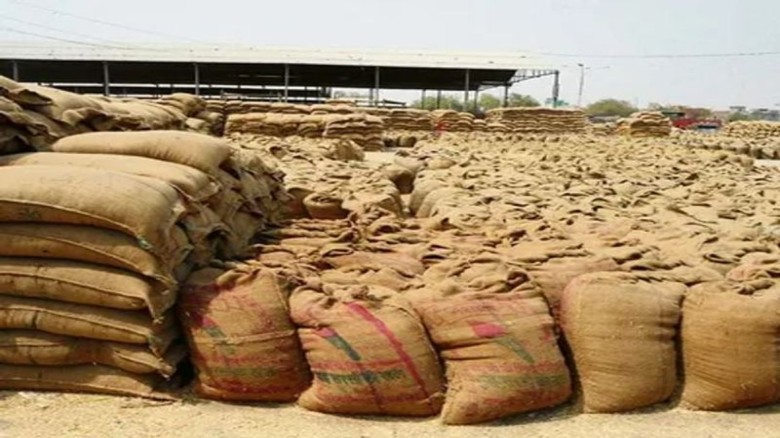
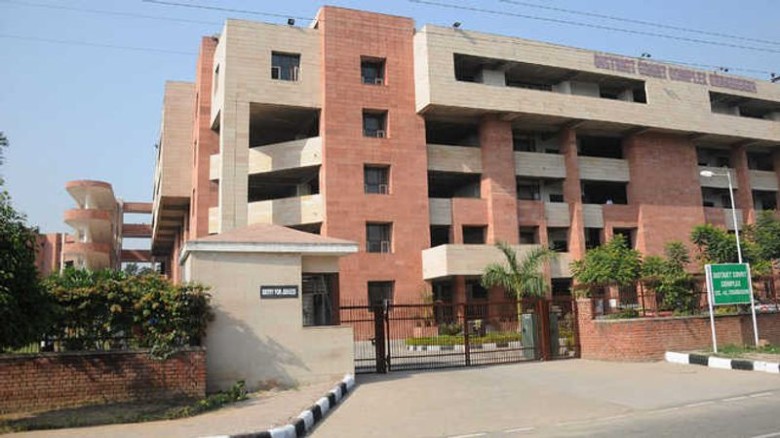
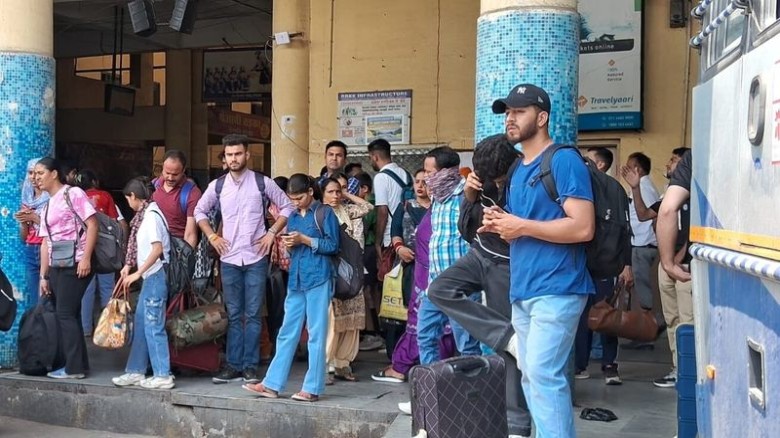
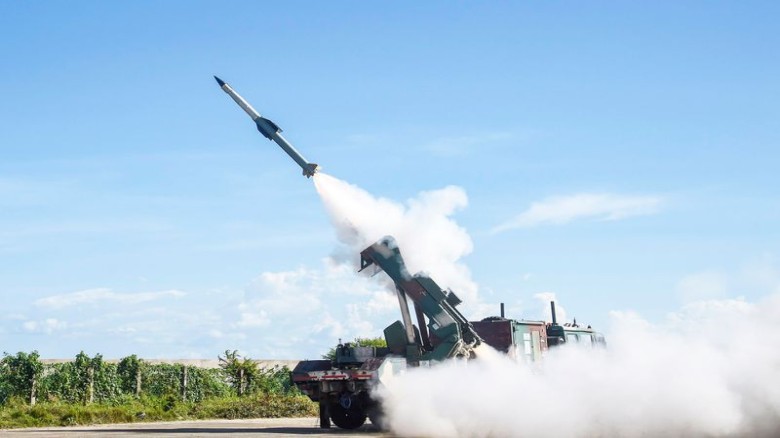
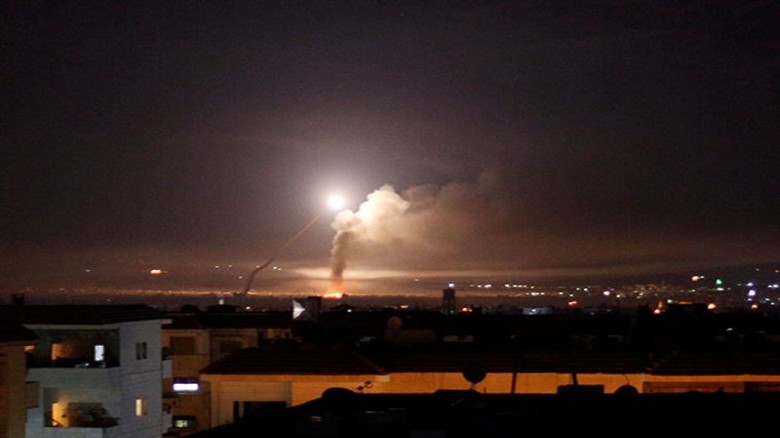
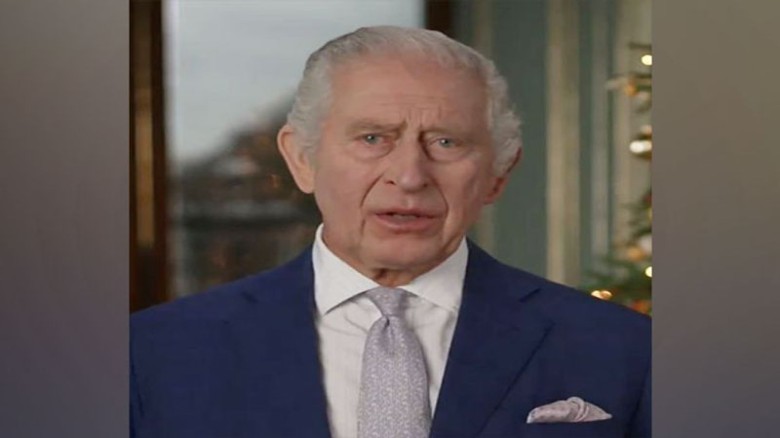
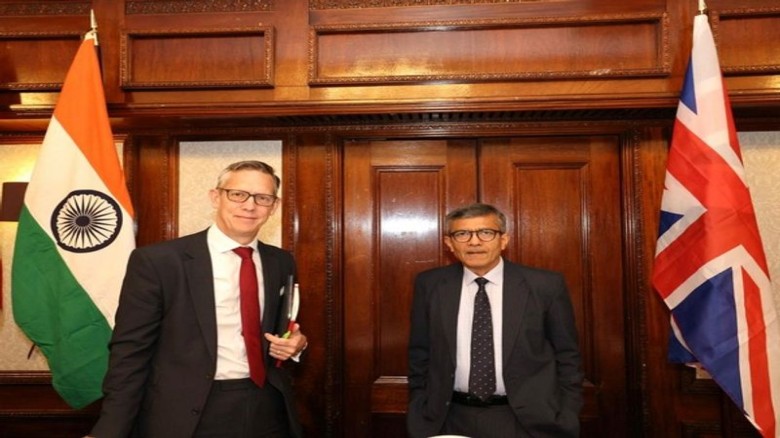
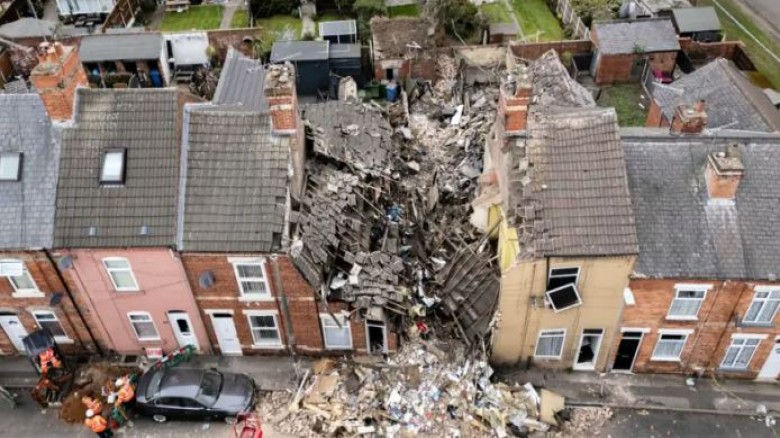

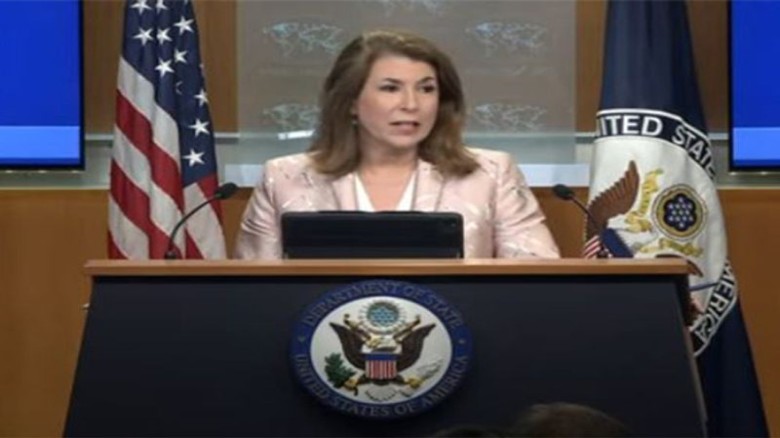
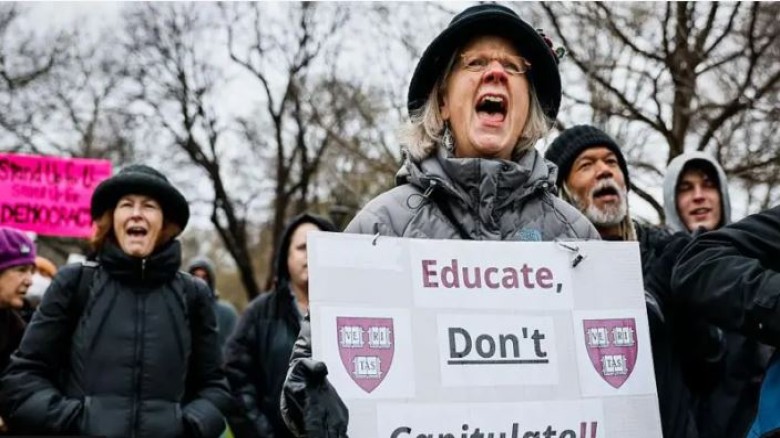
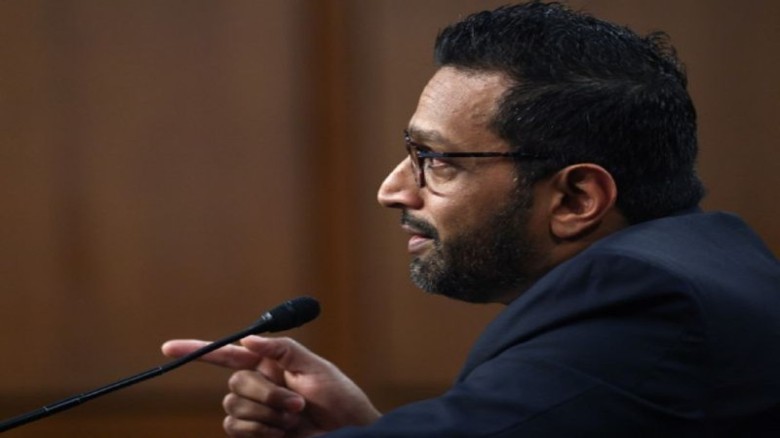





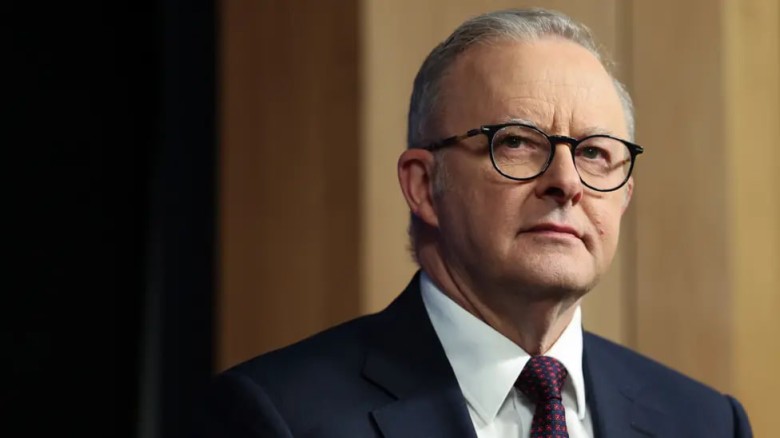

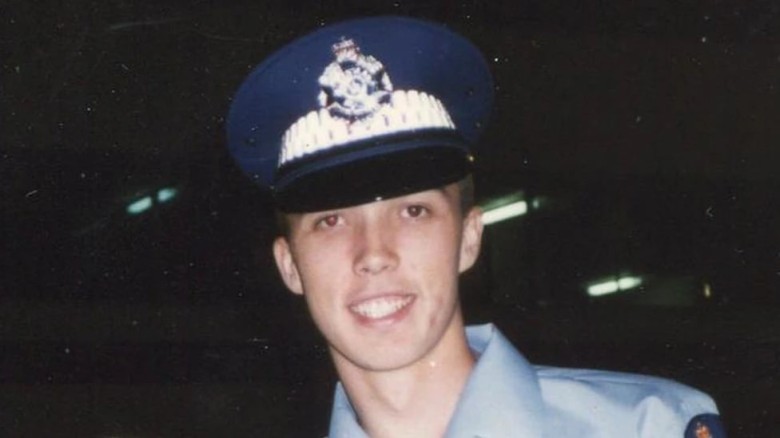

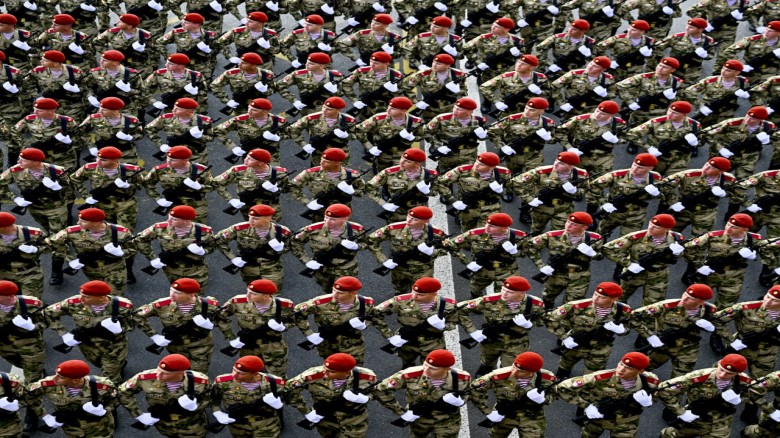
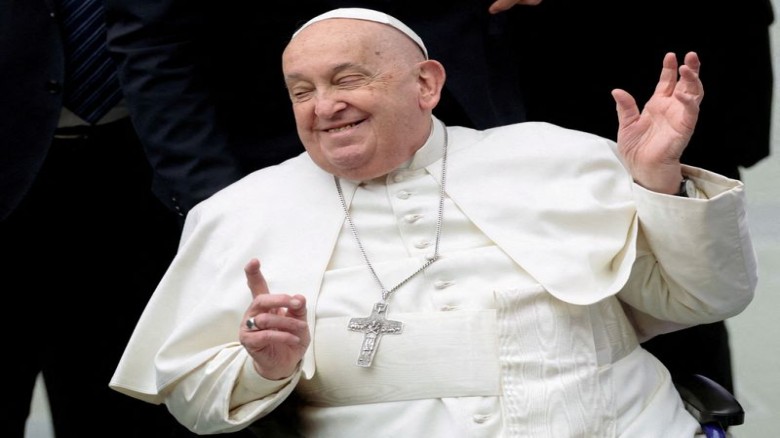
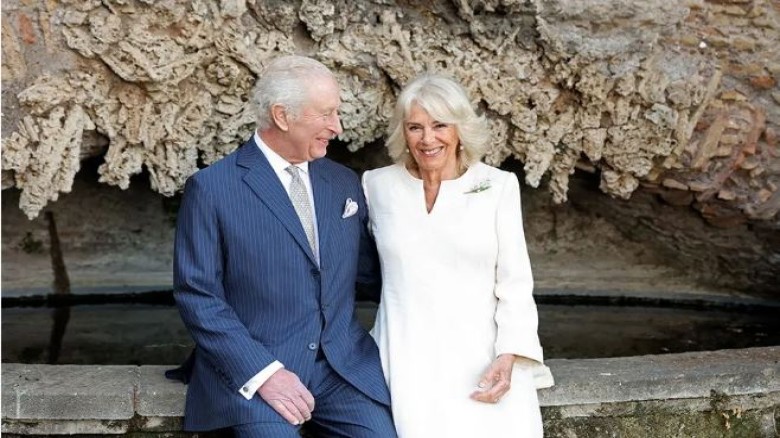
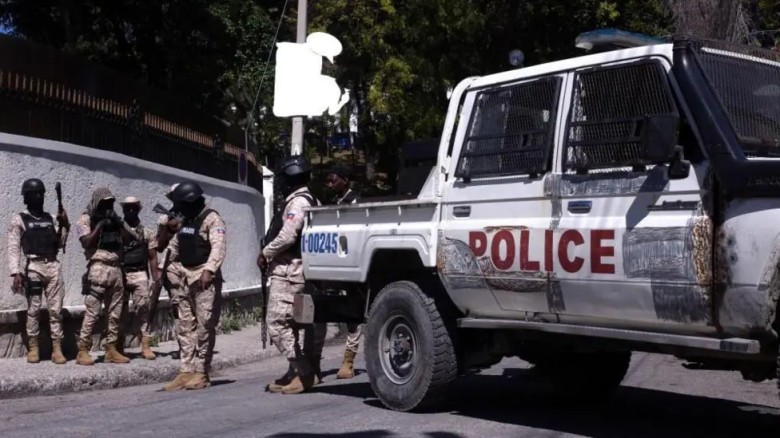
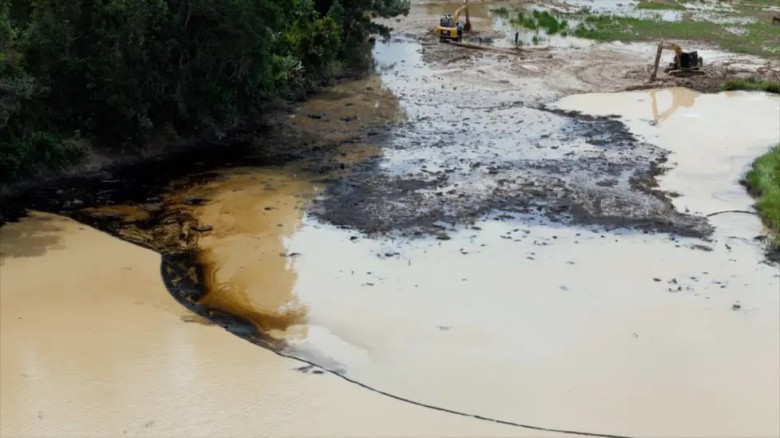
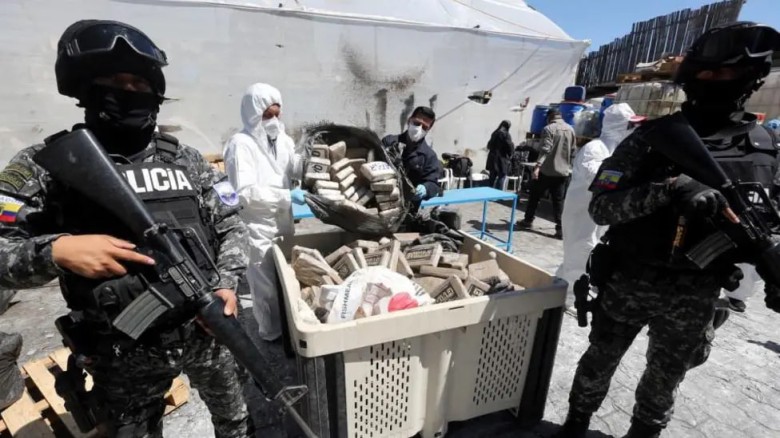
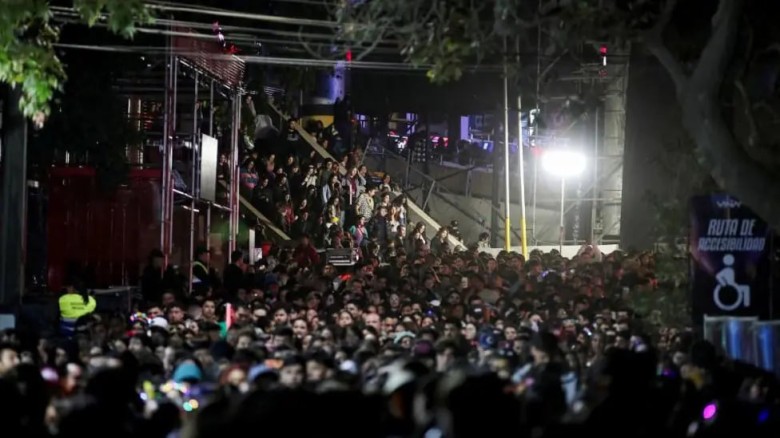







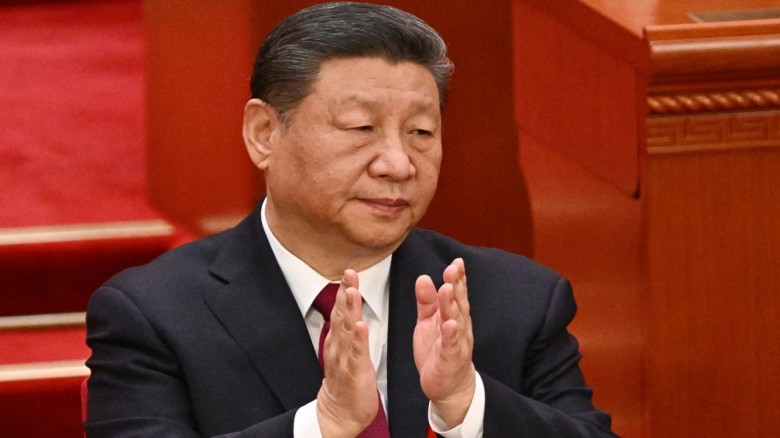

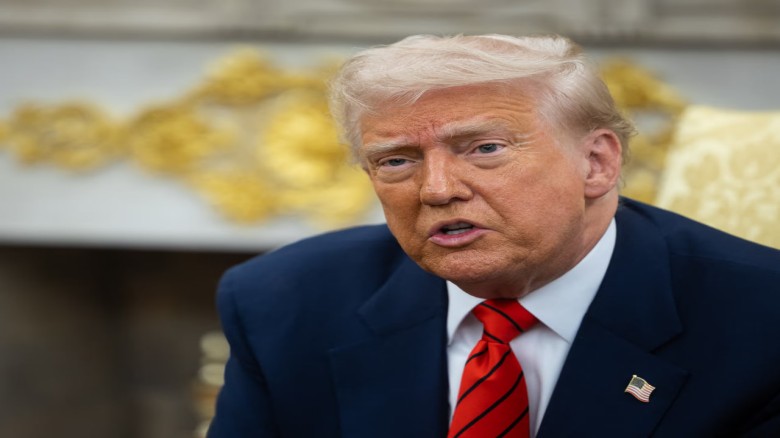
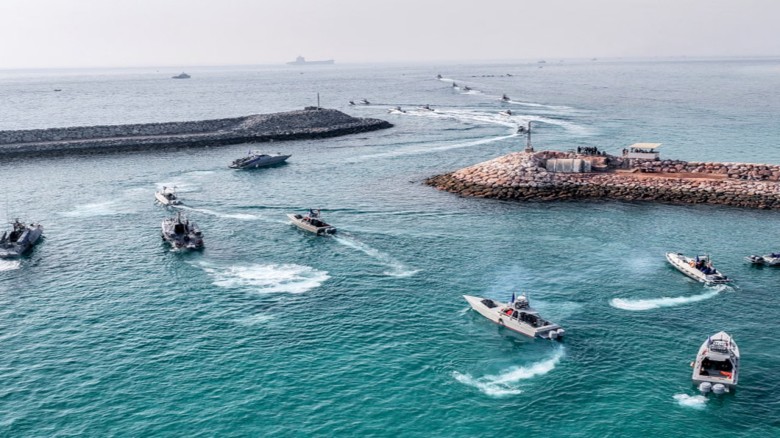
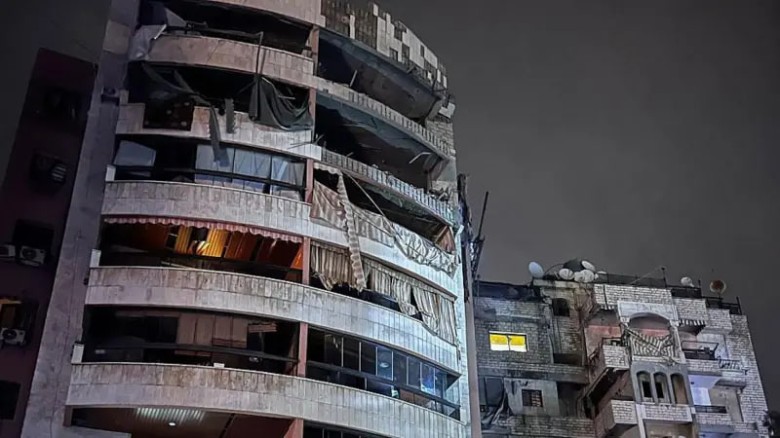
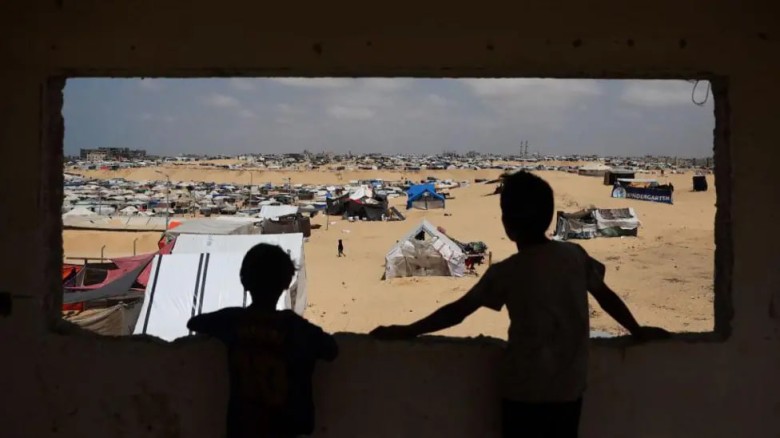



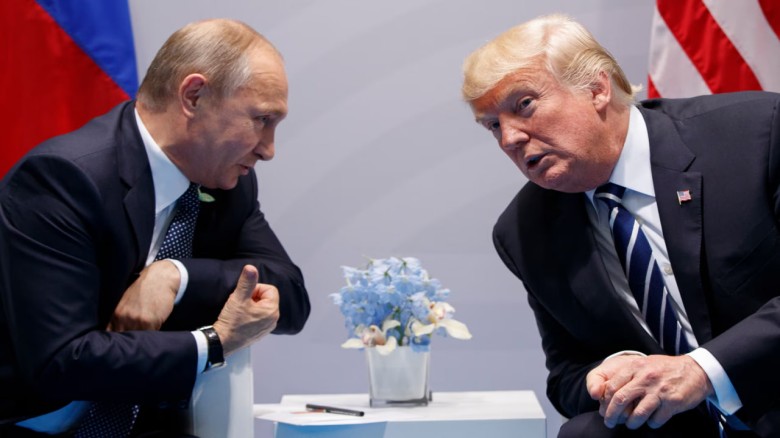



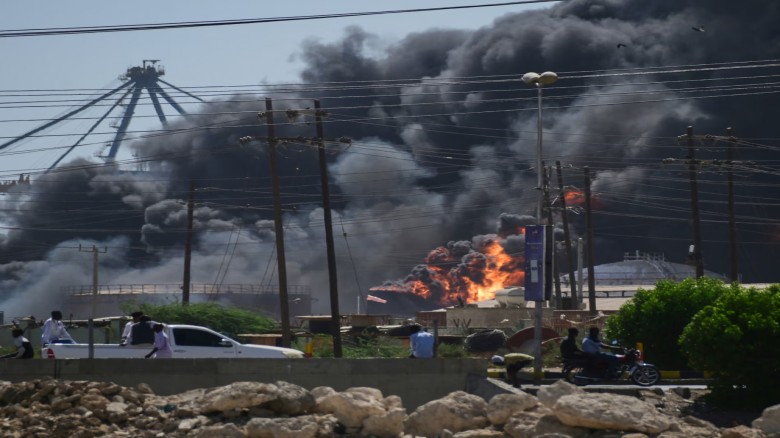
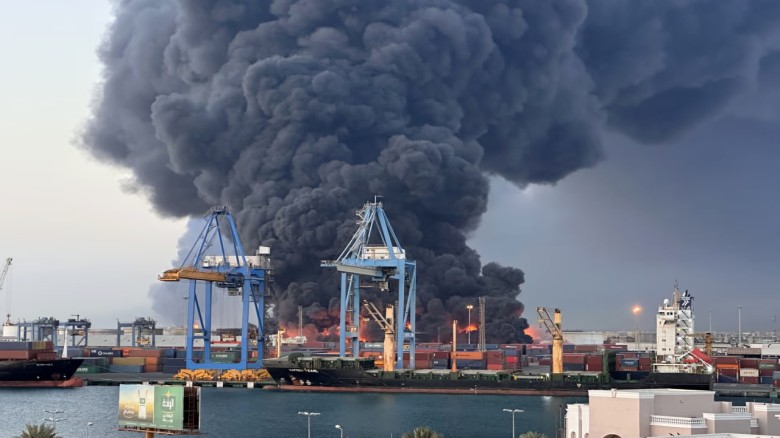
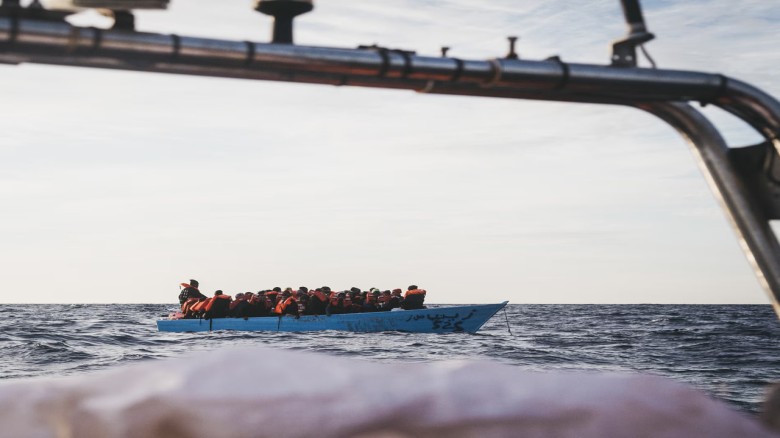
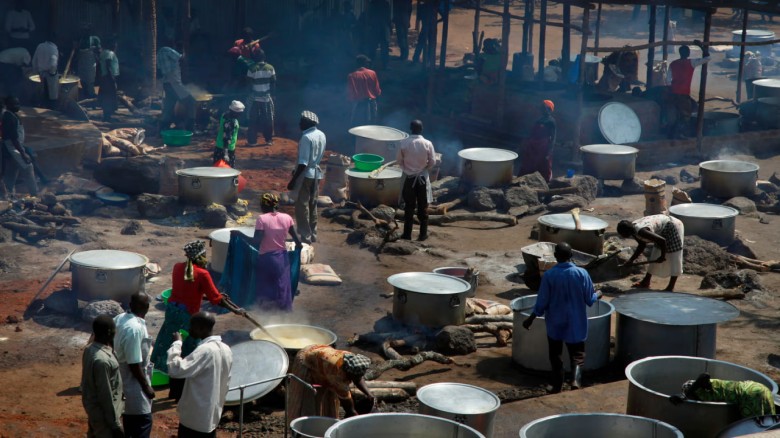



















Leave A Comment